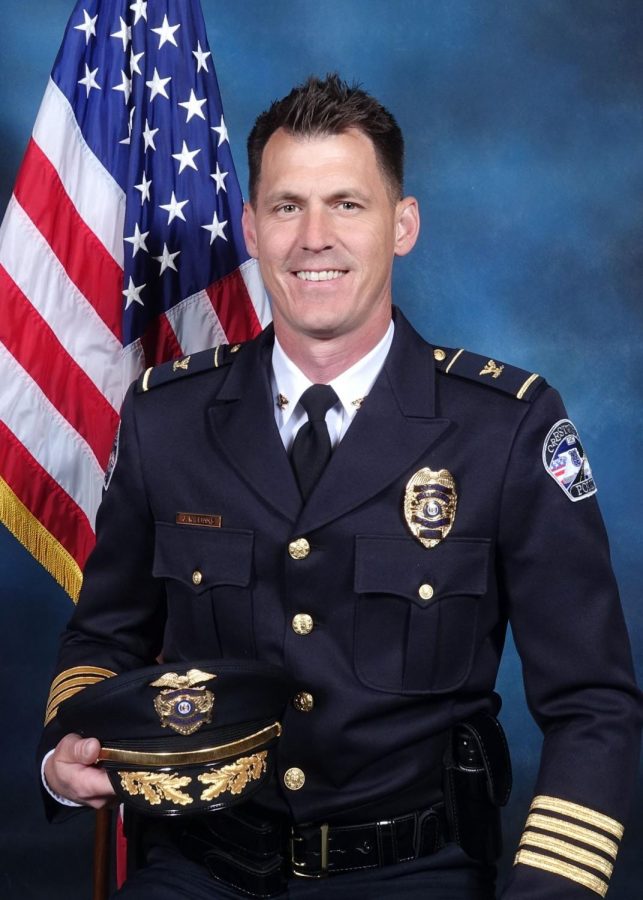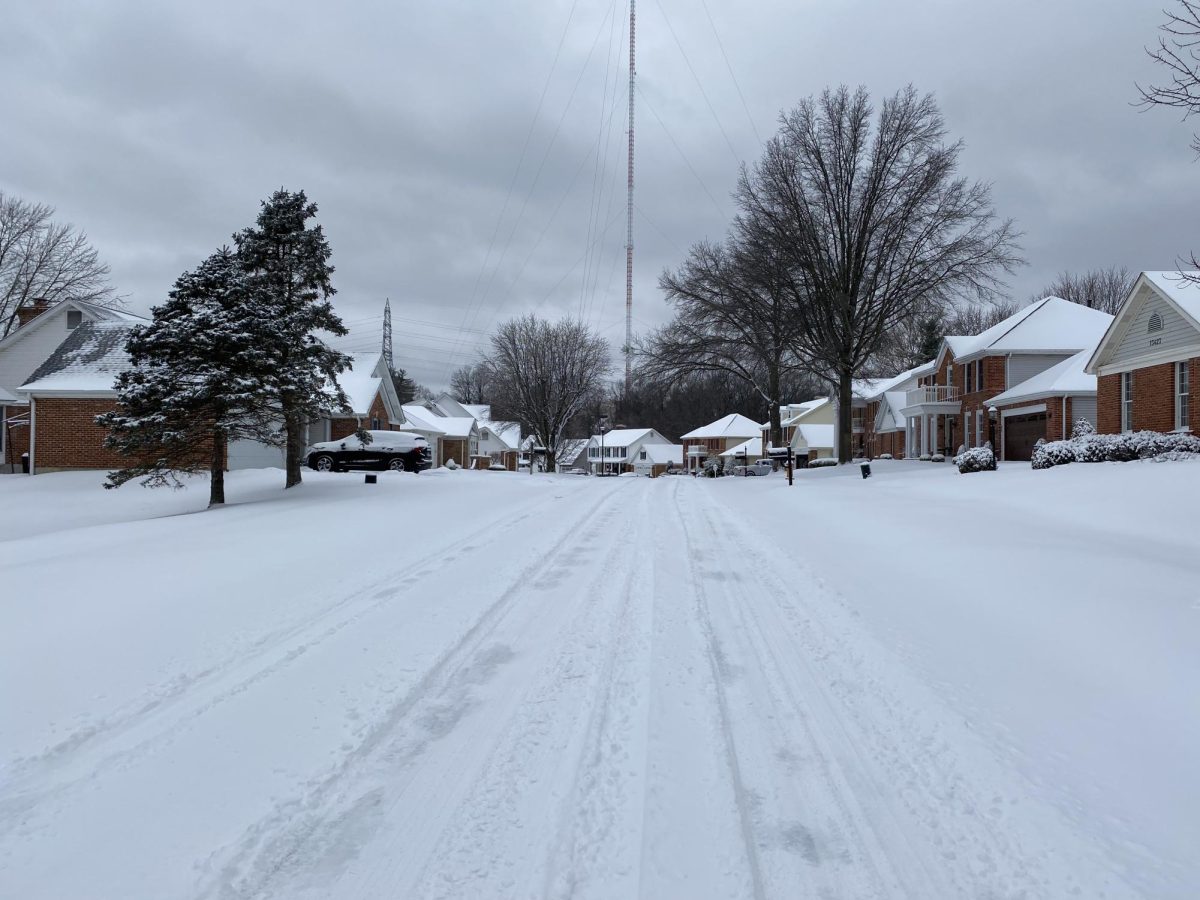Missourians soon may be free to say what they believe at public hearings without the threat of being sued.
The state Legislature is close to a deal on strengthening protection against so-called Strategic Litigation Against Public Partici-pation, or SLAPP lawsuits aimed at stifling public opposition to public policy.
If signed by the governor, year-and-a-half legal battles like Oakville resident Tom Diehl’s could be history — or not.
“Large corporations are still going to find it cost-effective to file lawsuits,” Diehl told the Call. “By filing SLAPP suits, they not only quiet the person they are suing but they silence all the critics who fear similar litigation. That is what has happened in south county.”
Diehl has strongly opposed Fred Weber Inc.’s request to construct a trash-transfer station near his neighborhood by the Baum-gartner industrial site. He researched the historical and lawful use of Weber’s land, rallied his neighbors, contacted his elected officials and spoke at public hearings.
His efforts earned him a $5 million lawsuit.
Weber sued Diehl in February 2004 for his association with distributed fliers naming the company “trash terrorists.” The landfill and trash-hauling company sued for libel, slander, defamation and business conspiracy, seeking $5 million in punitive damages and at least $25,000 in actual damages.
After losing a battle in the appellate court, Weber took the matter to the Mis-souri Supreme Court, which hasn’t decided whether to accept the case.
Weber Vice President of Operations Roger Gagliano did not return messages from the Call before press time, but in the motion to the Supreme Court, Weber claims the suit is not a SLAPP.
“A SLAPP suit typically occurs when a developer files suit against opponents at the outset of any opposition,” the motion states. “Here, however, (Diehl) opposed the trash-transfer station for long over a year and was, by his own admission, an outspoken critic. He attended public meetings, spoke out and spearheaded opposition … It was only when (Diehl) defamed the company personally that Weber sued (Diehl). There was no effort by Weber to stop (Diehl) from opposing the trash-transfer station and, in fact, (Diehl) continued his opposition after suit was filed.”
While Diehl agreed to speak to the Call, he was very cautious, declining to discuss the details of the lawsuit specifically or Weber’s proposed trash-transfer station, only commenting on the impact of the lawsuit.
“It’s made it difficult for me to conduct my consulting business,” he said. “It’s been difficult for my wife and I to have a normal life, take care of our son, take care of our house. There’s a constant worry about losing everything.”
This legislation would not help Diehl, but it could deter future SLAPP suits.
The measure gives blanket immunity to comments made at public hearings and allows for punitive damages against plaintiffs who file cases that the courts call SLAPP suits. The proposal would expand a law enacted last year that set up expedited legal hearings to dismiss SLAPP suits against statements made at public hearings or meetings.
Businesses filing such suits would lose tax credits on legal fee expenses, and plaintiffs could not dismiss their case once the defendant challenges it as a SLAPP suit.
Also, the state attorney general could intervene and assume defense costs of any case he or she believes is a SLAPP suit.
The proposal breezed through the Senate with only one negative vote cast by Sen. Jon Dolan, R-Lake St. Louis.
“If investigative journalists and others want to play, if they want to slander a large company, that large company has the right to fight,” Dolan told the Call. “The idea that they think they can stand up and slander somebody and be immune — I’m a promoter of fairness to both.”
Dolan called Loudon’s proposal an “overreaction” that tips the scales against companies like Fred Weber Inc. that seek government license while citizens make erroneous defamatory statements that are publicized by the media.
“Certainly everyone has the right to speak at these hearings,” he said. “If you get sued, you get sued. I would hope the courts would make the right call, but I don’t think we can legislate such a thing. If you go into a public meeting and slander somebody and you turn out to be wrong, I don’t want anybody to be immune. I want a fair fight. I think everybody should lawyer up and fight out in court case by case.
“I think this legislation was just as much of an overreaction as some of these large corporations going after citizens,” Dolan said.
Loudon was unavailable for comment before the Call’s press time. His proposal is Senate Bill 232 and is on third reading in the House.








